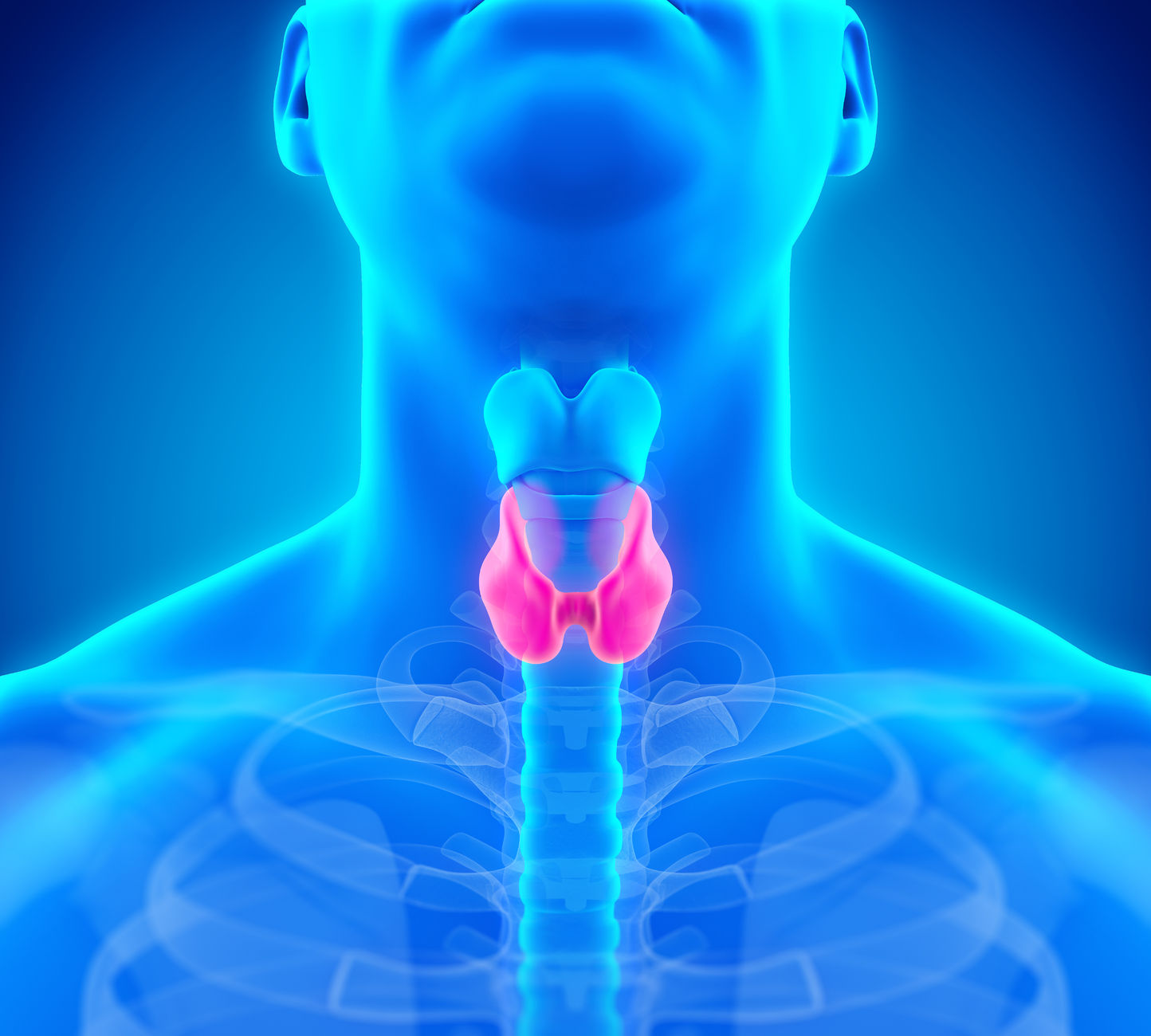
New Zealand has a long history of iodine deficiency dating back to the 1920’s. A goitre is caused by insufficient iodine intake and causes a swollen thyroid seen as a lump or swelling in the front of the neck. Varying severity of goitre were found amongst school aged children in New Zealand in the 1920’s.
A mandate was introduced in New Zealand by the 1960’s to iodise table salt and the dairy industry was required to use iodophors for sterilisers, in turn contaminating milk with iodine. As a result, the intake of iodine increased. However, by the 1990’s iodine deficiency appeared again, causing a mandate in 2009 to fortify bread with iodised salt. Salt in the form of potassium or sodium iodide which is added to table salt is one of the main sources of iodine alongside bread in New Zealand.
Iodine is a trace mineral that must be consumed in our diet as our bodies cannot produce it. Iodine is utilised by the thyroid as well as being essential for healthy brain development in unborn babies and cognitive abilities of the general population. Iodine deficiency increases the risk of preventable brain damage in foetuses and impairs growth and development in children. Additionally, the risk of depression is increased and around 300 million people affected worldwide by iodine deficiency.
Iodine also plays a crucial role in women’s health aiding in oestrogen metabolism and clearance, ovulation and breast development. Benefits in women with fibrocystic breasts and premenstrual tenderness have been seen with iodine. Additionally, the risk of breast cancer may be reduced with iodine as countries with higher dietary iodine intakes have lower risks of breast cancer.
The thyroid is a small gland, shaped like a butterfly at the base of your neck. The thyroid gland produces 2 thyroid hormones that play a role in growth, metabolism and development of the body. The thyroid hormones are released steadily into the bloodstream maintaining bodily functions. Iodine deficiency as well as selenium, zinc or L-tyrosine can affect thyroid function and consequently bodily functions decrease. Our immune system slows down causing us to get sick more often, weight gain increases and our body temperature decreases due to decreased metabolism, our hormones become unbalanced, our digestive system slows down causing constipation and we can feel confused and depressed.
Iodine update can be disrupted by substances called goitrogens disrupting the production of thyroid hormones. Thyroid stimulating hormone is often increased by goitrogens, causing a goitre as the thyroid grows in size.
Goitrogens include halogen family elements (bromide, fluoride and chlorine) which compete for and block iodine absorption in the thyroid. Chlorinated pools, commercially baked bread, chlorinated and fluorinated water, personal care products are all considered to be goitrogens and contribute to the large number of thyroid issues in the world currently.
Additionally, BPA, phthalates, parabens, and personal care products are environmental goitrogens that disrupt thyroid function.
The brassica family vegetables (kale, broccoli and cauliflower) are also considered goitrogenic if they are consumed raw and in large quantities. However, for those with no thyroid concerns, up to 2 cups per day is generally considered safe.
New Zealand’s soils are notably deficient in trace minerals, including iodine, subsequently reducing the iodine content in NZ grown produce and our intake. Additionally, the consumption of seafood and shellfish, both great iodine sources, is reducing with the awareness of ocean sustainability.
So, if our main sources of iodine are compromised, what can we do?
Sea vegetables are great sources of iodine to meet your daily dietary requirements. Nori, kelp and dulse are great ways of getting iodine and are also great sources of other trace elements including calcium, zinc, magnesium, iron, copper and selenium.
Healthy thyroid and brain function, metabolism and immunity are all promoted by consuming iodine found in sea vegetables. Kelp can act as a salt replacement and be sprinkled over foods and nori and dulse can be added of stir fries and salads as a tasty addition. Iodine supplements are also available for those who do not like the taste of sea vegetables with Powerdine being a great high dose option.
The current recommendation of 2mg/kg/day of dietary iodine intake is typically too low for most people. Dietary iodine should be consumed to optimise levels, not just avoid deficiency. When our iodine levels are optimised, our thyroid and metabolism functions more optimally and our brain function and immunity are enhanced. However, we should be very careful to ensure we do not have too much iodine as this can be harmful.
There are a specific group of people who would benefit most from supplementing dietary iodine with sea vegetables including:
An additional daily iodine supplement or kelp supplement can support the metabolism, brain function, hormones, and mood for those with a healthy thyroid. Iodine is a key part of a balanced diet, and the deficiency symptoms are often overlooked.
If you think you may have a thyroid condition or have been diagnosed, it is important to talk to a health professional to monitor your TSH levels while supplementing with iodine. The tests for this are available in clinic.
To speak with us and set up an appointment today, please give us a call at +64 (09) 488 0208 to get in touch.
